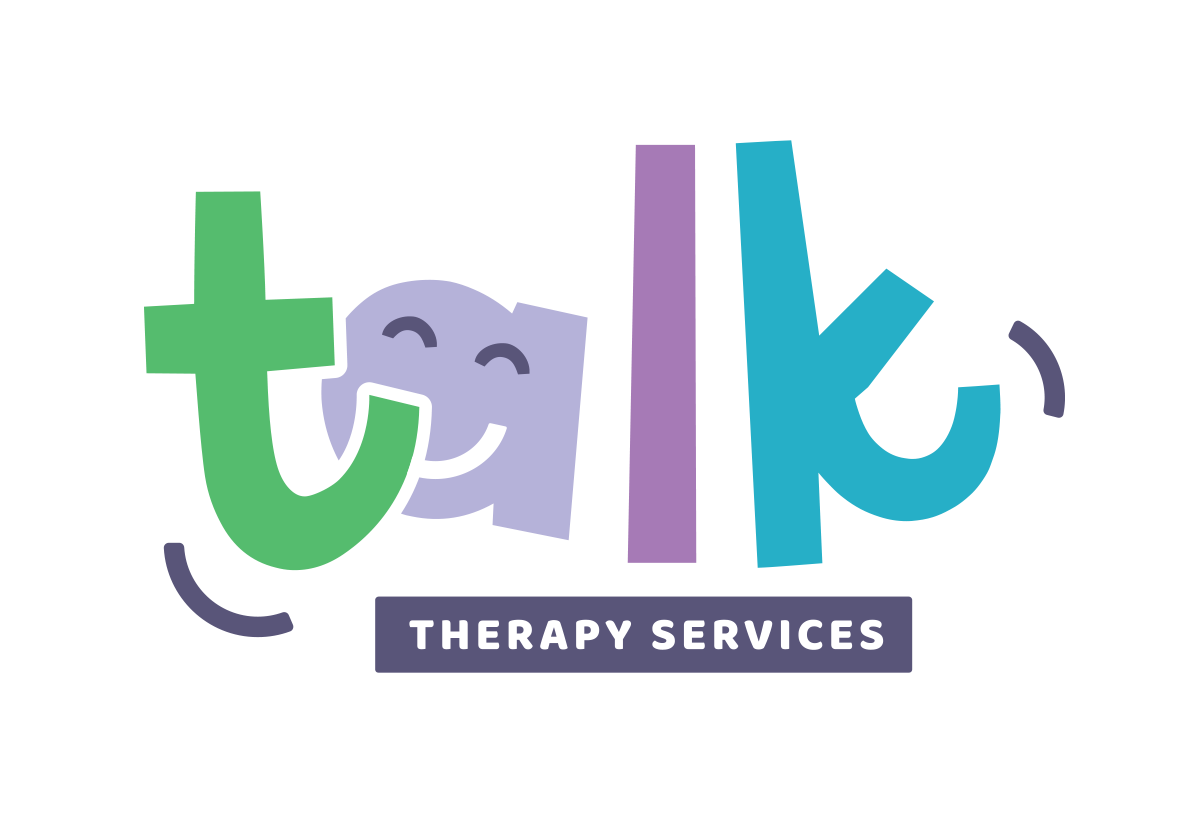Understanding the Link Between Early Language Development and Literacy Skills
The journey to literacy begins long before a child ever picks up a book or writes their first letter. Early language development plays a crucial role in building the foundation for reading and writing skills. Understanding this connection can help parents, educators, and speech-language pathologists support children in developing strong literacy abilities from the start.
The Foundations of Early Language Development
Early language development encompasses a child’s ability to understand and produce spoken language. This includes skills such as:
Listening and Comprehension: Understanding words, phrases, and sentences.
Vocabulary Development: Learning the meanings of words and how to use them.
Phonological Awareness: Recognizing and manipulating the sounds within words.
Expressive Language: Forming sentences to communicate thoughts and ideas.
These early skills form the basis for later literacy development. For example, a child’s ability to recognize and play with sounds in words (phonological awareness) is a key predictor of reading success.
How Early Language Skills Influence Literacy
Vocabulary as a Building Block A robust vocabulary gives children the tools they need to understand what they read. When children encounter unfamiliar words in text, they rely on their existing knowledge of word meanings to decode and comprehend.
Phonological Awareness and Reading Phonological awareness—the ability to hear and manipulate sounds in words—is essential for learning to read. Skills such as rhyming, blending sounds, and segmenting words into syllables directly support a child’s ability to decode words.
Oral Language and Storytelling Storytelling and conversational skills help children understand narrative structure, which is critical for reading comprehension. Children who are exposed to rich oral language are more likely to develop strong reading and writing skills.
The Role of Caregivers and Educators
Talking and Reading Aloud Engaging children in conversations and reading to them daily exposes them to new vocabulary and sentence structures. Picture books, nursery rhymes, and interactive reading activities are excellent tools for fostering language and literacy.
Play-Based Learning Play provides natural opportunities for language development. Activities such as role-playing, singing songs, and playing word games encourage children to use and experiment with language.
Encouraging Phonological Awareness Simple activities like clapping out syllables in words, identifying rhymes, and playing “I Spy” with beginning sounds can help children develop the phonological skills needed for reading.
Early Intervention Matters
Early identification of language delays or difficulties is critical for preventing future literacy challenges. Speech-language pathologists can assess and support children who may need extra help building their language and pre-literacy skills. By addressing these challenges early, children can develop the foundational skills necessary for successful reading and writing.
The link between early language development and literacy is undeniable. By fostering rich language experiences from a young age, parents, educators, and therapists can set children on a path to success. Whether through engaging conversations, shared reading, or playful activities, every interaction counts in helping children build the skills they need to become confident readers and writers. Remember, it’s never too early to start nurturing a love for language and learning.

